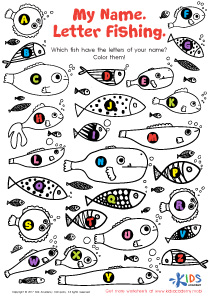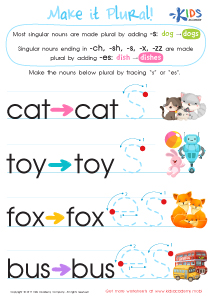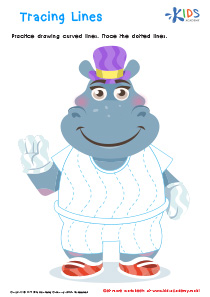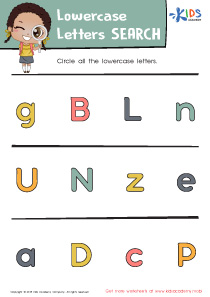Phonics recognition Easy Alphabet Worksheets for Ages 5-7
5 filtered results
-
From - To
Discover our engaging Phonics Recognition Easy Alphabet Worksheets designed for children ages 5-7! These worksheets help young learners master the fundamentals of phonics by connecting letters to their corresponding sounds. With colorful visuals and fun activities, kids will enhance their reading and writing skills while building confidence in their abilities. Perfect for classroom use or at-home learning, our worksheets promote interactive learning experiences. Encourage your child's literacy journey with these carefully crafted resources that cater to their developmental needs. Explore our collection today and set the foundation for lifelong reading success!
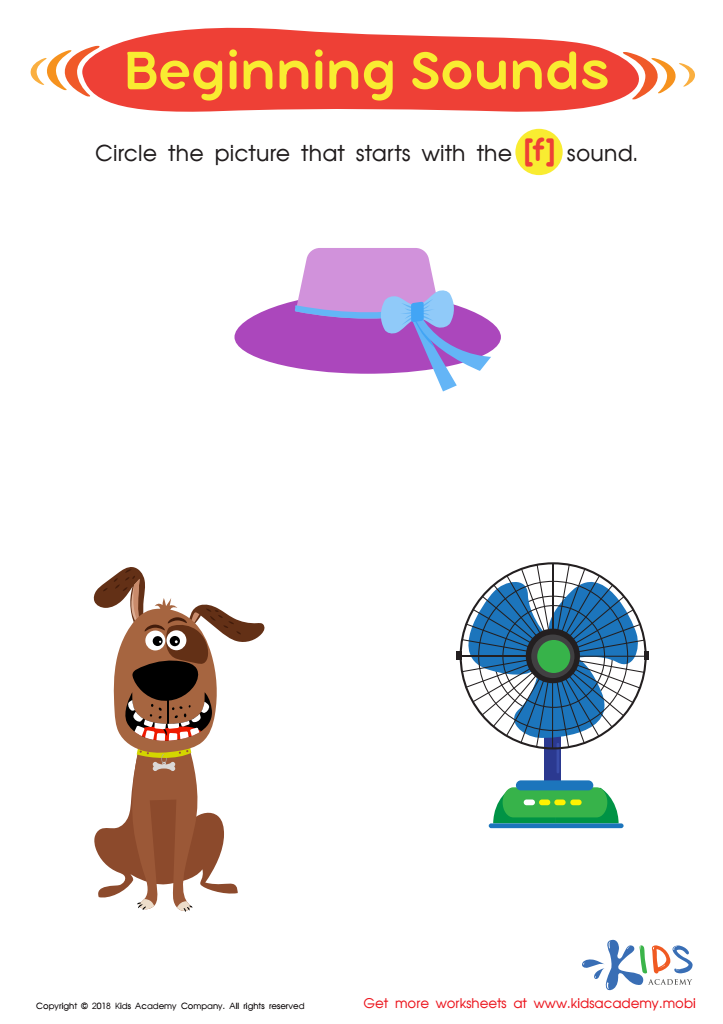

Beginning Sounds Assessment Printable
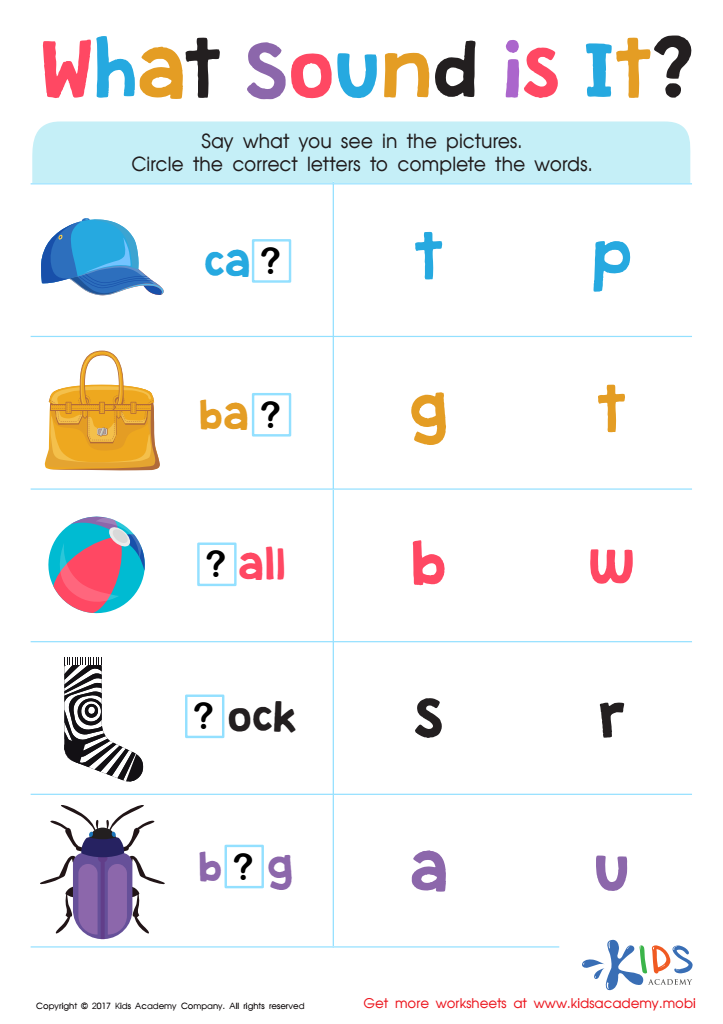

What Sound Is it? Worksheet
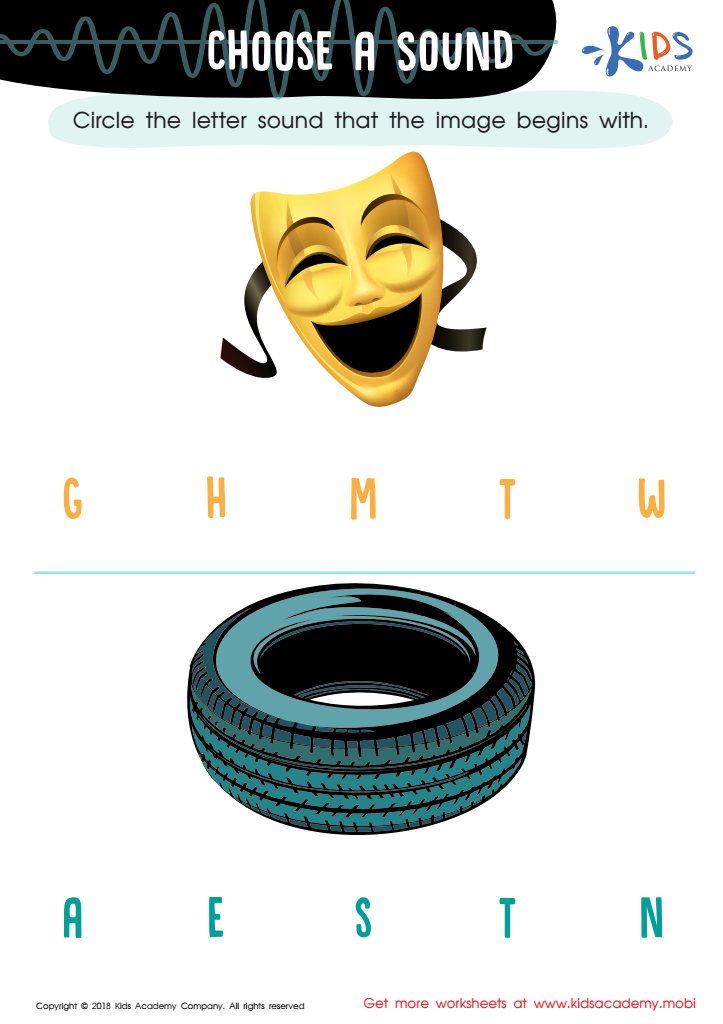

Choose a Sound Worksheet
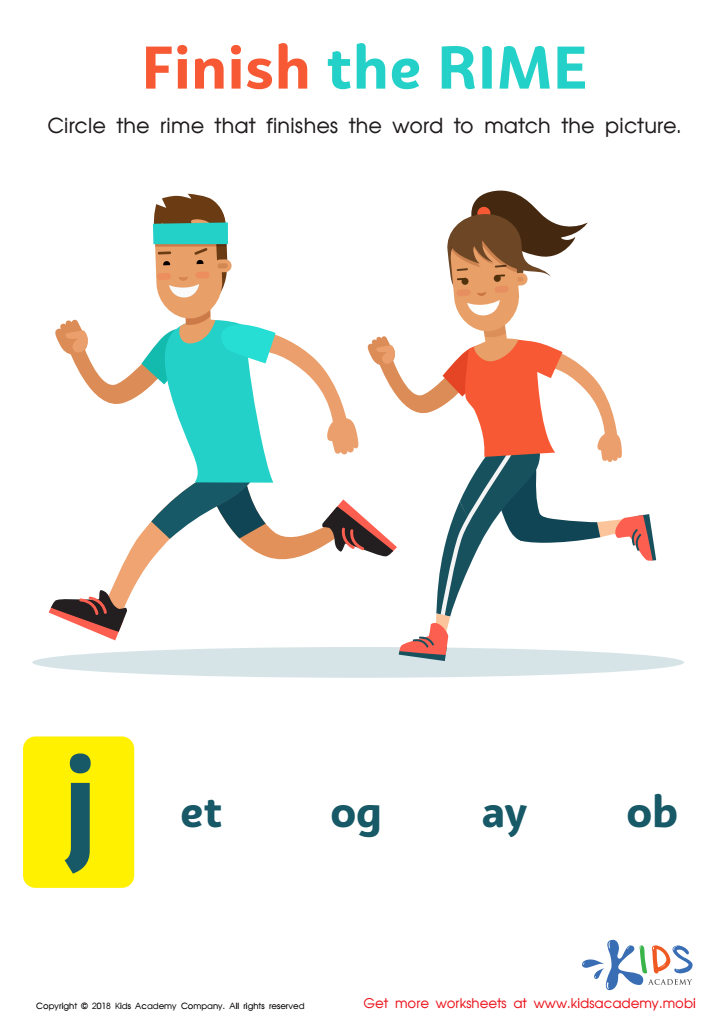

Finish the Rime Worksheet


Phonics and Word Recognition: Assessment 1 Worksheet
Phonics recognition, particularly through resources like Easy Alphabet, is crucial for children aged 5-7 as it lays the foundation for their reading and writing skills. At this early stage, children are developing their language abilities and phonemic awareness—an understanding of how letters and sounds work together to form words.
Parents and teachers should care about phonics recognition because it significantly impacts literacy development. When children learn to recognize letters and their corresponding sounds, they can phonetically decode words, enhancing their reading fluency. Easy Alphabet provides engaging and interactive materials that make learning fun and accessible, encouraging kids to take an active interest in reading.
Additionally, strong phonics skills contribute to better comprehension. As children decode words efficiently, they can focus on understanding the content instead of getting stuck on individual words. This leads to a more enjoyable reading experience and fosters a love for books.
Ultimately, investing time in phonics recognition helps build children’s confidence as readers and writers, creating lifelong learners. By prioritizing phonics, parents and teachers empower children to succeed academically and develop essential communication skills for the future.
 Assign to My Students
Assign to My Students












